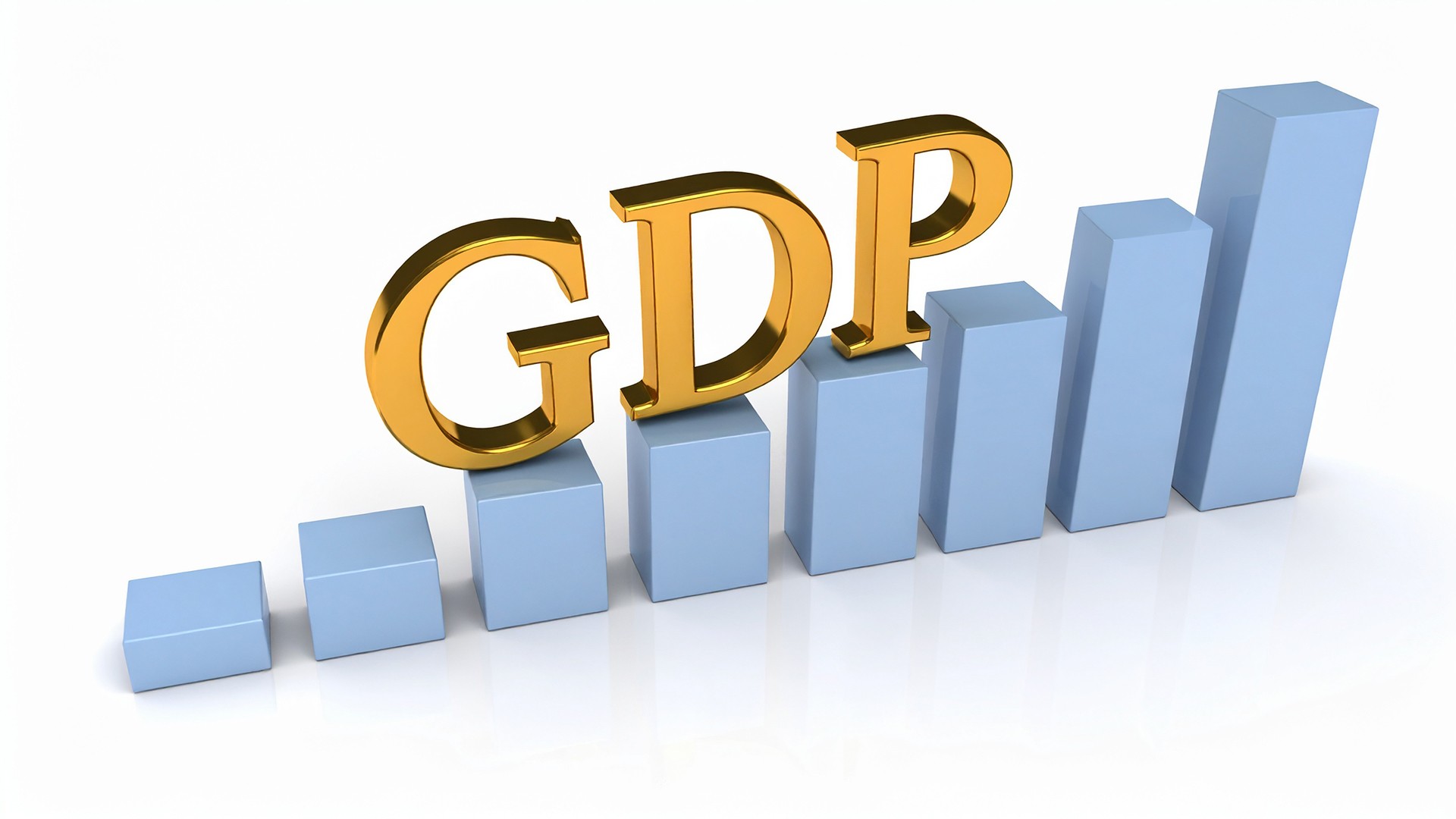India is now projected to register a GDP growth of 6.4 per cent in both FY26 and FY27, with the International Monetary Fund (IMF) revising its earlier forecast slightly upward. The revision reflects a more benign external environment than what was assumed in its April forecast, according to the IMF’s latest World Economic Outlook (WEO) report released on Tuesday.
For the current fiscal year, the IMF has raised India’s GDP growth forecast by 20 basis points (bps) to 6.4 per cent. It has also revised its FY27 forecast upward by 10 bps, bringing it to the same level.
“Global growth is projected at 3.0 per cent for 2025 and 3.1 per cent in 2026, an upward revision from the April 2025 World Economic Outlook. This reflects front-loading ahead of tariffs, lower effective tariff rates, better financial conditions, and fiscal expansion in some major jurisdictions,” the IMF said in the report.
While global inflation is expected to ease, inflation in the United States is predicted to remain above the central bank’s target. The report also warned of downside risks stemming from higher tariffs, elevated uncertainty, and ongoing geopolitical tensions.
In emerging markets and developing economies, GDP growth is expected to be 4.1 per cent in 2025 and 4.0 per cent in 2026.
Global headline inflation is projected to decline to 4.2 per cent in 2025 and 3.6 per cent in 2026, which is largely in line with the IMF’s April projections. However, the report noted cross-country differences, with inflation in the US expected to remain elevated, while other major economies may see more subdued inflation.
“Risks to the outlook are tilted to the downside, as they were in the April 2025 WEO,” the IMF said. “A rebound in effective tariff rates could lead to weaker growth. Elevated uncertainty could weigh more heavily on activity, particularly if deadlines for additional tariffs expire without progress on substantial, permanent agreements.”
The report further cautioned that geopolitical tensions could disrupt global supply chains and increase commodity prices. Additionally, larger fiscal deficits or growing risk aversion could push up long-term interest rates and tighten global financial conditions.
“Combined with fragmentation concerns, this could reignite volatility in financial markets,” the IMF warned. “On the upside, global growth could be lifted if trade negotiations lead to a more predictable framework and a reduction in tariffs.”
-IANS














